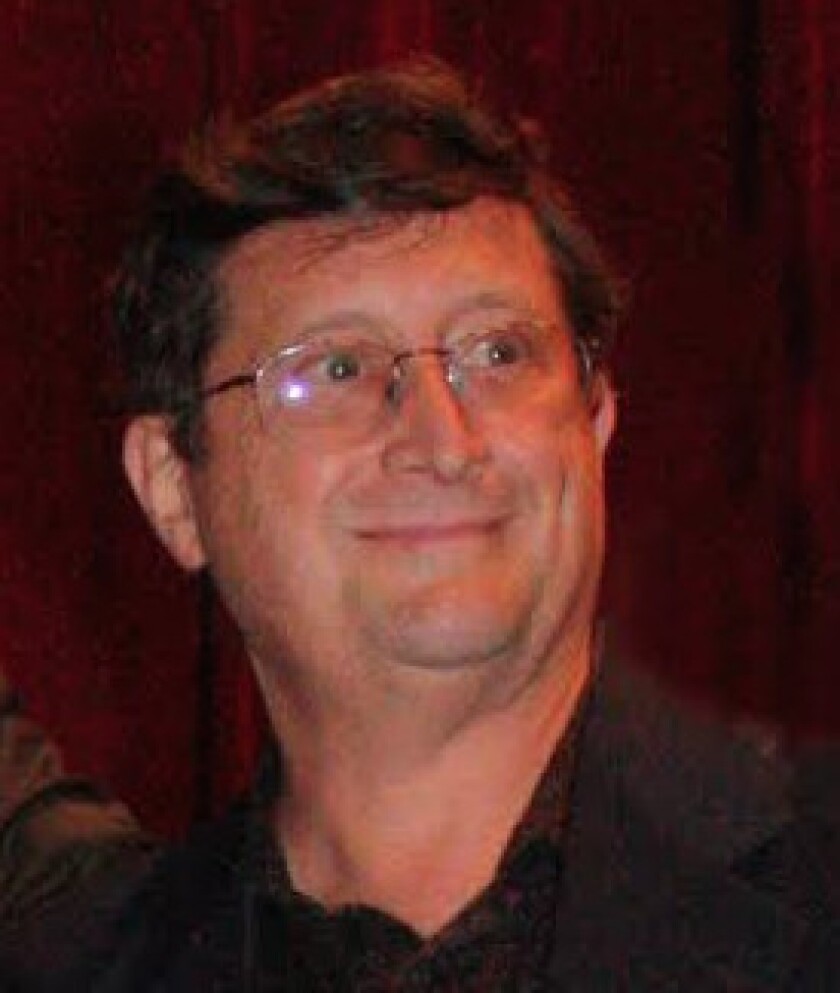Bill Siebel was the fourth generation of his family to head a Chicago beer-brewing school that has produced tens of thousands of alums with surnames such as Busch, Coors, Pabst, Stroh and Floyd — as in 3 Floyds Brewing Co.
It wouldn’t be exaggerating to call him a member of the “First Family” of beer education in the U.S., said Charlie Papazian, president and founder of Denver’s Great American Beer Festival, the nation’s largest.
Bill Siebel was chairman and CEO of the Siebel Institute of Technology, established in Chicago in 1872 by his great-grandfather, Dusseldorf-born immigrant John Ewald Siebel. It bills itself as the oldest brewing school in the Americas. “There is one, based in Germany, established before us,” said Keith Lemcke, vice president of the institute, 900 N. Branch St.
“It’s been a continuous run,” Lemcke said, “except for this inconvenient time we call ‘Prohibition.’ ” During Prohibition, it kept going as a school of baking — which, like brewing, uses yeast.
Siebel Institute students, Lemcke said, have included August Busch III of Anheuser-Busch; John Mallett of Bell’s Brewery in Kalamazoo; the father and grandfather of Samuel Adams brewer Jim Koch; and Greg Hall, a brewmaster at Goose Island Beer Company and son of Goose Island founder John Hall.
“The contributions that the Siebel Institute has made to brewing — and to training craft brewers — in its long history, are far too numerous to count,” said Koch of Samuel Adams. “I’m a sixth-generation brewer, and my father graduated from Siebel in 1948 and my grandfather in 1908. . . . The industry has lost a great one.”
Mr. Siebel, who had esophageal cancer, died on Nov. 8 at Northwestern Memorial Hospital. He was 69.
Beer-brewing educator Bill Siebel of the Siebel Institute of Technology | Provided photo
The family school is “the longest-living institution that has served as an educational institution for brewers in the United States,” Papazian said. “They’ve gone through a lot of transitions, from the small breweries going out of business in the ’50s, ’60s and ’70s, to embracing the small craft brewers that were emerging in the ’70s and ’80s, welcoming them, and offering them educational opportunities. Bill was involved with that transition.”
“Many of our employees are graduates of Siebel Institute, and the impact the school has made on the beer community is impressive,” said Ken Stout, general manager of Goose Island Beer Company. “A great industry leader has been lost, and we’ll miss him dearly.”
Bill Siebel and his brother, Ron, grew up near Devon and Caldwell in Edgebrook, and at the Southwest edge of the Evanston Golf Club in Skokie, where one of the tees was behind their home. A highlight of their youth was spending summers with their mother, Mary, at Paradise Ranch near Colorado Springs, while their father, Raymond, commuted back and forth from the Siebel Institute in Chicago. The Siebel boys became accomplished horseback riders.
They attended grade school at the old Bishop Quarter Military Academy in Oak Park. Bill Siebel graduated from Florida’s Admiral Farragut Academy and the University of Miami. He served in the Navy, rising to lieutenant, before returning to Chicago — and the family beer school — in 1971, said his wife, Barbara Wright Siebel.
Both brothers attended the Siebel Institute, where a variety of classes, diplomas and certificates focus on yeast, malt, fermentation, biological science, quality control, engineering and packaging. “One of my classmates in 1967 was August Pabst, and August Busch III was a few years before,” Ron Siebel said.
For decades, the school and laboratory were located at 4055 W. Peterson, where the Siebels had a brewing library and a second-floor bierstube with heirloom steins.
After their father and uncle sold the business, “Bill and I were successful in getting it back,” Ron Siebel said. “We got it back in the family hands, and it stayed there until [Bill] retired and wanted to liquidate his holdings in the institute.” Today, the school is owned by Lallemand, a Canadian yeast company.
Ron Siebel focused on selling products such as stabilizers, which preserve clarity in beer. “Bill was ‘Mr. Inside.’ He was very good with numbers,” his brother said. Because of him, “The business was always on a steady course.”
Bill Siebel retired in 2000, Lemcke said.
Bill Siebel of Chicago’s Siebel Institute of Technology, 900 N. Branch St. | Provided photo
He restored himself and reveled in nature, hiking, and watching birds and animals. For their honeymoon, Bill and Barbara Siebel canoed nine days on the U.S.-Canadian Boundary Waters. And for 20 years, they canoed in Ely, Minnesota, where he enjoyed spotting bear and moose. He also loved reading Dostoevsky and Tolstoy.
A memorial service is planned from 2 p.m. to 5 p.m. on Nov. 22 at the Siebel Institute of Technology, 900 N. Branch St.







